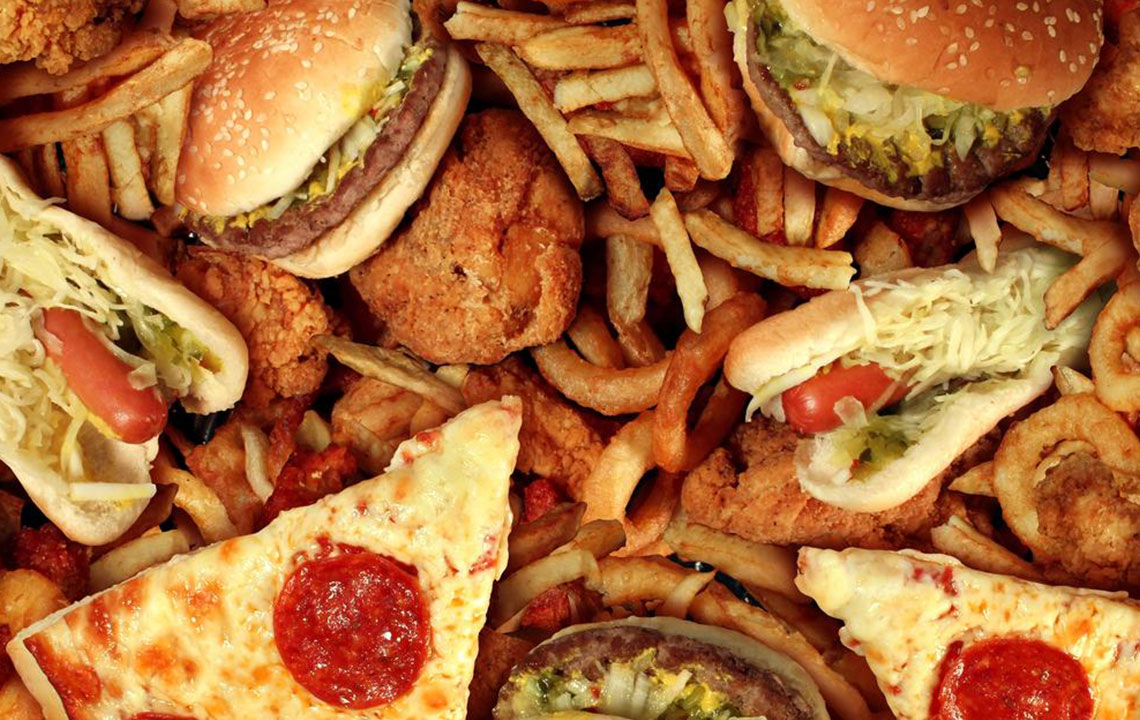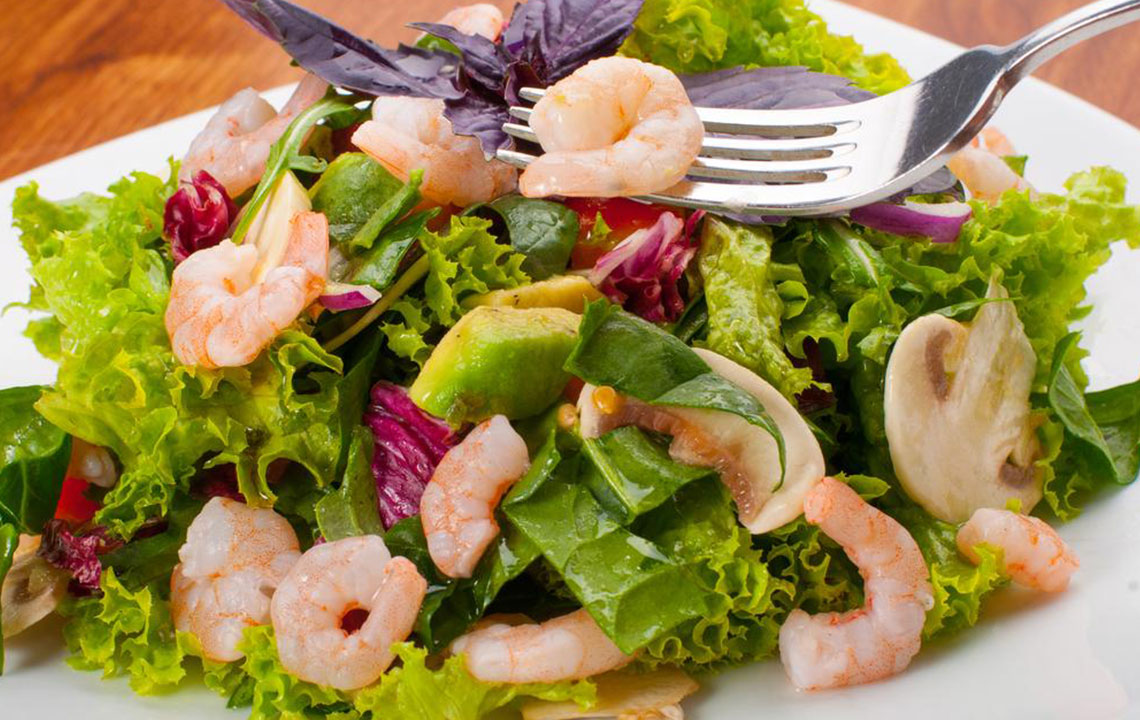Diet Tips and Foods to Prevent Acid Reflux
Discover effective dietary tips and identify common foods that trigger acid reflux. Learn how lifestyle changes and targeted food choices can alleviate symptoms and prevent complications. This comprehensive guide helps you manage acid reflux through personalized diet adjustments and healthy habits for long-term relief.

Foods and Habits That Trigger Acid Reflux
Experiencing a burning sensation, chest discomfort, or regurgitation of recently eaten food accompanied by a sour taste are common signs of acid reflux. Occasional episodes are normal, but frequent, severe symptoms that disrupt sleep require medical attention.
The lower esophageal sphincter (LES) controls food entry into the stomach and must close properly. If it remains open or weak, stomach acids can move into the esophagus, causing symptoms like heartburn, sour taste, nausea, bloating, and difficulty swallowing. Severe cases may mimic a heart attack and lead to gastroesophageal reflux disease (GERD).
Your dietary choices directly influence acid reflux. Acidic foods can increase stomach acids, heightening reflux risks, especially if the LES is weak or damaged. Along with prescribed medication and lifestyle modifications, avoiding certain trigger foods can help control symptoms.
Overeating before bed or lying down immediately afterward can provoke reflux. Factors like obesity, pregnancy, bending over post-meal, smoking, and certain medications such as pain relievers or blood pressure drugs can also trigger episodes.
Common Reflux-Inducing Foods:
Fried foods like onion rings and fries
High-fat items
Foods cooked in excessive butter or oil
Spices such as cinnamon, ginger, dill, basil, thyme, tarragon
Caffeinated drinks like tea and coffee
Peppermint
Citrus fruits and tomato-based products
Raw or cooked onions, garlic, and mint
Soda, alcohol, and citrus juices
Whole milk, certain vinegars, and processed foods
Diet and Lifestyle Tips:
Limit alcohol and smoking
Eat smaller, frequent meals
Choose non-triggering snacks like carrots, cucumbers, or plain crackers
Allow three hours between last meal and bedtime
Maintain an upright posture during and after meals
Elevate the head of your bed by 6-8 inches
Personalized diets focusing on non-trigger foods typically include non-citrus fruits, vegetables, lean proteins, whole grains, and healthy fats. Avoid greasy, oily foods that delay digestion and increase reflux risk.
Adapting dietary habits and lifestyle changes can significantly reduce acid reflux episodes. Awareness of trigger foods and healthy choices ensures a more comfortable, reflux-free life.










